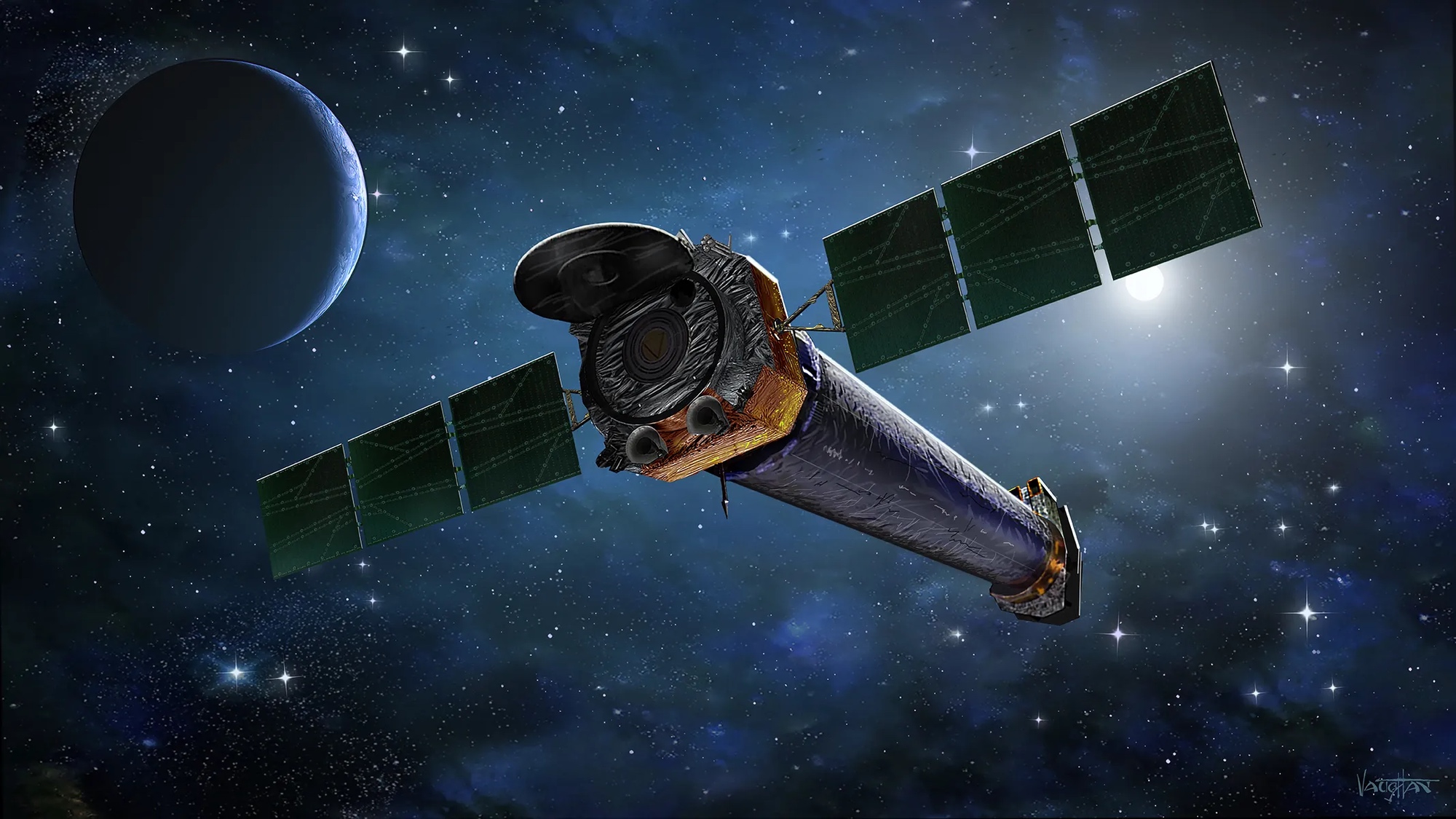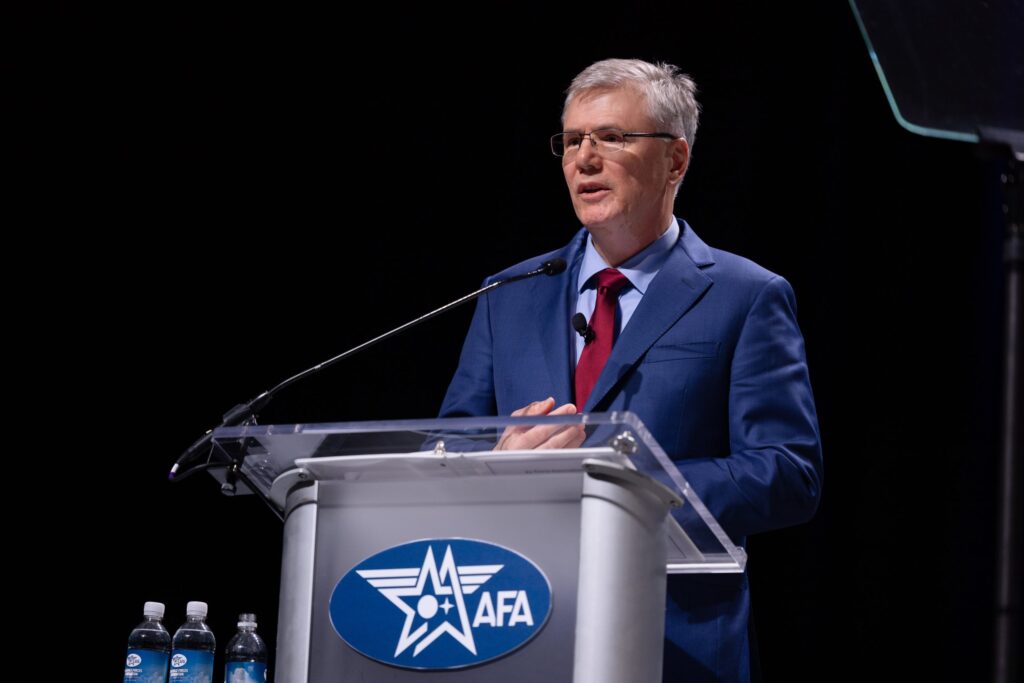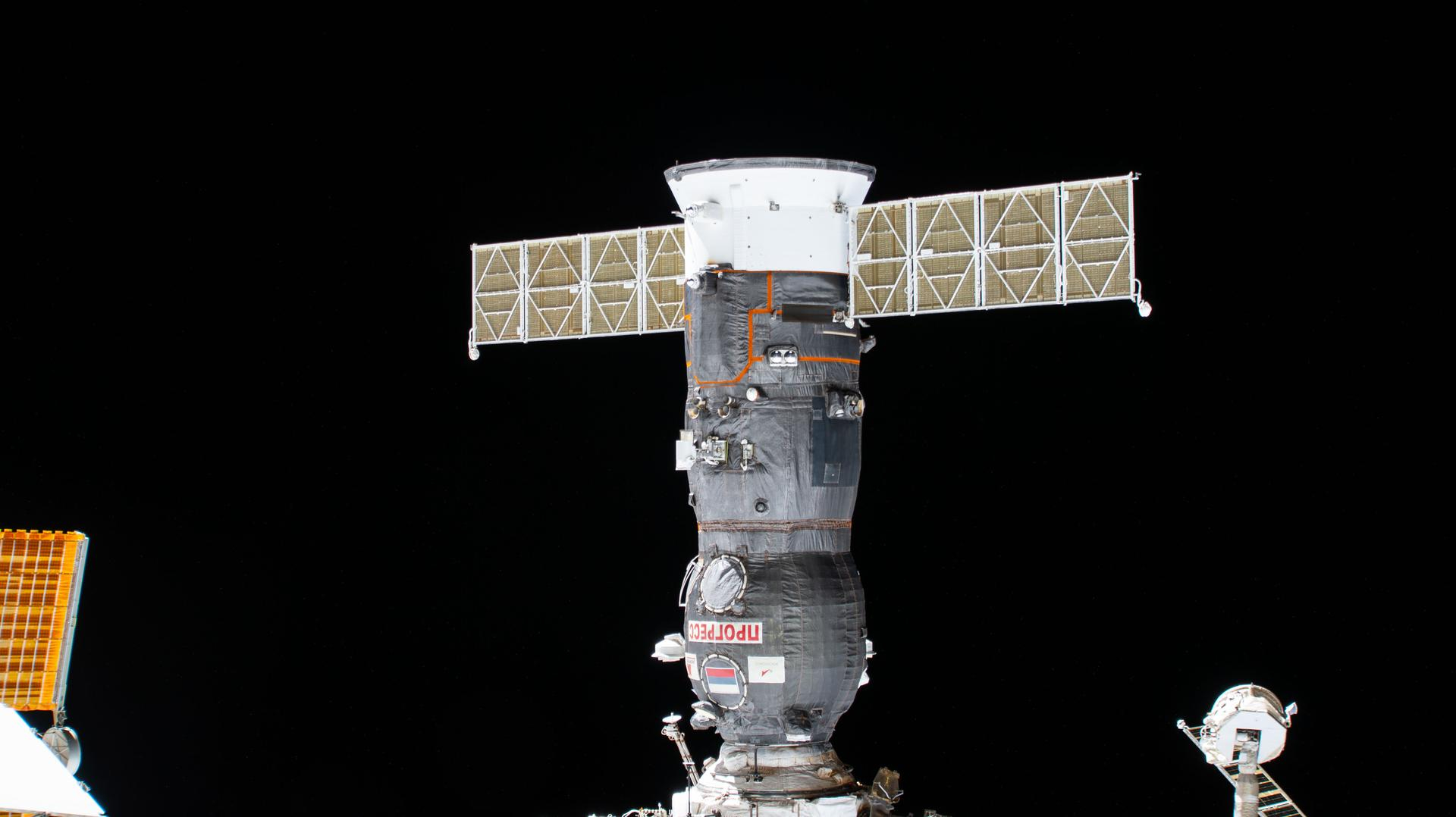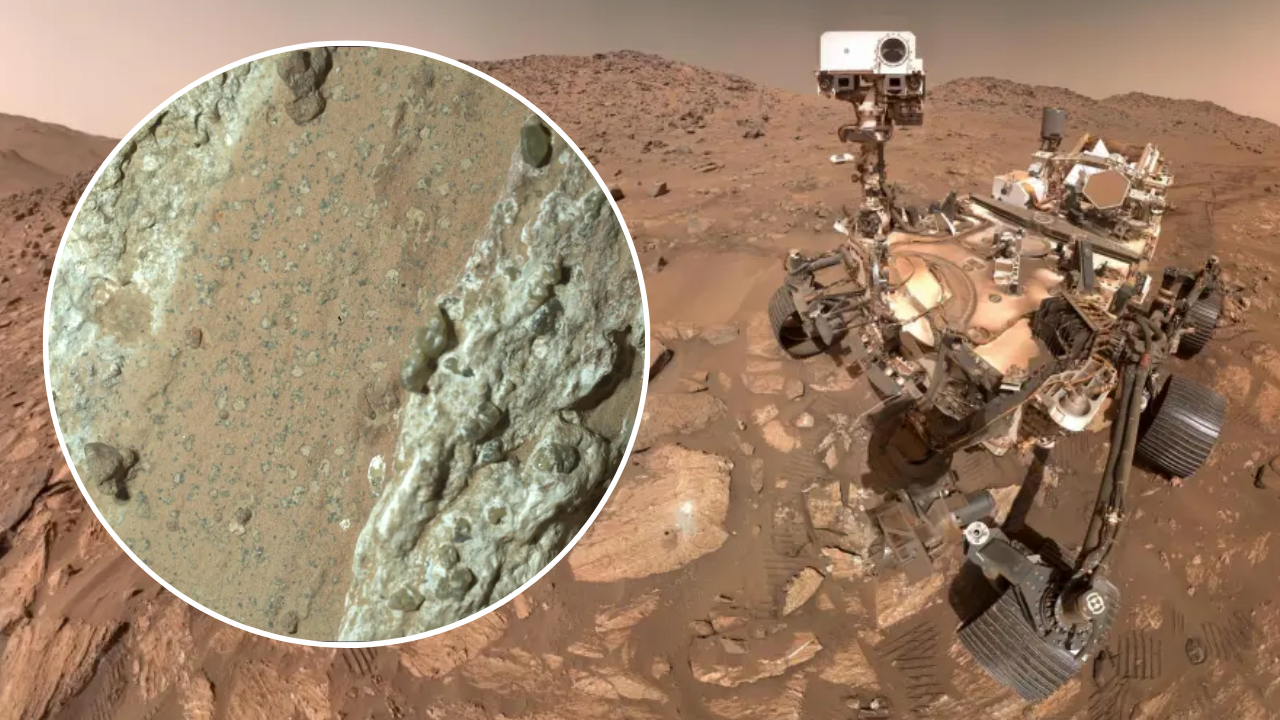Now Reading: House appropriators offer support to threatened NASA missions
-
01
House appropriators offer support to threatened NASA missions
House appropriators offer support to threatened NASA missions


WASHINGTON — House appropriators offered support, but no specific funding, for several NASA missions slated for cancellation in the administration’s 2026 budget proposal.
The House Appropriations Committee approved a commerce, justice and science (CJS) spending bill on a 34-28 vote late Sept. 10, sending the measure to the full House.
The bill was largely unchanged from what the CJS subcommittee approved July 14. It includes $24.838 billion for NASA, nearly the same as the $24.875 billion the agency received in fiscal 2024 and 2025, and far above the $18.8 billion the administration proposed for fiscal 2026 in May.
Members adopted a manager’s amendment, a package of noncontroversial changes and corrections, on a voice vote. That amendment also made additions to the report accompanying the bill.
The report includes language expressing support for several NASA missions targeted for cancellation, including the Chandra X-ray Observatory, the Juno mission at Jupiter and the New Horizons mission in the Kuiper Belt.
The report does not specify funding levels for those missions, but the “continues support” language signals to NASA that it should fund continue operations within the agency’s science budget.
The amendment added support for NASA proposals to establish a series of low-cost science missions, potentially done under commercial arrangements, to Mars.
The amendment also backed NASA’s involvement in Ultrasat, an astrophysics mission with Israel, after the administration’s budget request proposed ending the partnership. It added support for certain aeronautics programs and the Deep Space Food Challenge, a $3 million project in NASA’s space technology directorate. It also recommended NASA spend up to $10 million across its directorates on “transformational lightweight technologies and vehicles.”
During the markup session, members rejected most proposed amendments, primarily from Democrats seeking to restore funding for programs at other agencies.
One amendment from Rep. Joe Morelle, D-N.Y., sought to add funding for inspectors general at several agencies, including $9.3 million for NASA. It also proposed eliminating $85 million provided in the budget reconciliation bill enacted in July for NASA to enable a “space vehicle” transfer, moving the shuttle Discovery from the National Air and Space Museum to Space Center Houston.
“Consider the contrast at NASA,” he said. “While the agency is about to receive an additional $10 billion from the reconciliation bill, its inspector general faces a $7 million cut under the bill we’re considering here today.” Fully funding the inspector general, he argued, was needed to combat waste, fraud and abuse.
He added that while the reconciliation bill provided $85 million for the shuttle move, Smithsonian experts estimated the actual cost at $325 million. “It is unprecedented for Congress to remove an object from the Smithsonian collection and send it somewhere else.”
Rep. Hal Rogers, R-Ky., chairman of the CJS subcommittee, opposed the amendment, noting the additional inspector general funds were not offset elsewhere in the bill.
“The ink has barely dried on this new legislation,” he said of the reconciliation bill, “and already my colleagues are seeking to amend and strike portions of it through the appropriations process. I can’t support that effort.”
The committee rejected the amendment largely along party lines, 33-27.
Stay Informed With the Latest & Most Important News
-
 01Two Black Holes Observed Circling Each Other for the First Time
01Two Black Holes Observed Circling Each Other for the First Time -
 02From Polymerization-Enabled Folding and Assembly to Chemical Evolution: Key Processes for Emergence of Functional Polymers in the Origin of Life
02From Polymerization-Enabled Folding and Assembly to Chemical Evolution: Key Processes for Emergence of Functional Polymers in the Origin of Life -
 03Astronomy 101: From the Sun and Moon to Wormholes and Warp Drive, Key Theories, Discoveries, and Facts about the Universe (The Adams 101 Series)
03Astronomy 101: From the Sun and Moon to Wormholes and Warp Drive, Key Theories, Discoveries, and Facts about the Universe (The Adams 101 Series) -
 04True Anomaly hires former York Space executive as chief operating officer
04True Anomaly hires former York Space executive as chief operating officer -
 05Φsat-2 begins science phase for AI Earth images
05Φsat-2 begins science phase for AI Earth images -
 06Hurricane forecasters are losing 3 key satellites ahead of peak storm season − a meteorologist explains why it matters
06Hurricane forecasters are losing 3 key satellites ahead of peak storm season − a meteorologist explains why it matters -
 07Thermodynamic Constraints On The Citric Acid Cycle And Related Reactions In Ocean World Interiors
07Thermodynamic Constraints On The Citric Acid Cycle And Related Reactions In Ocean World Interiors

















